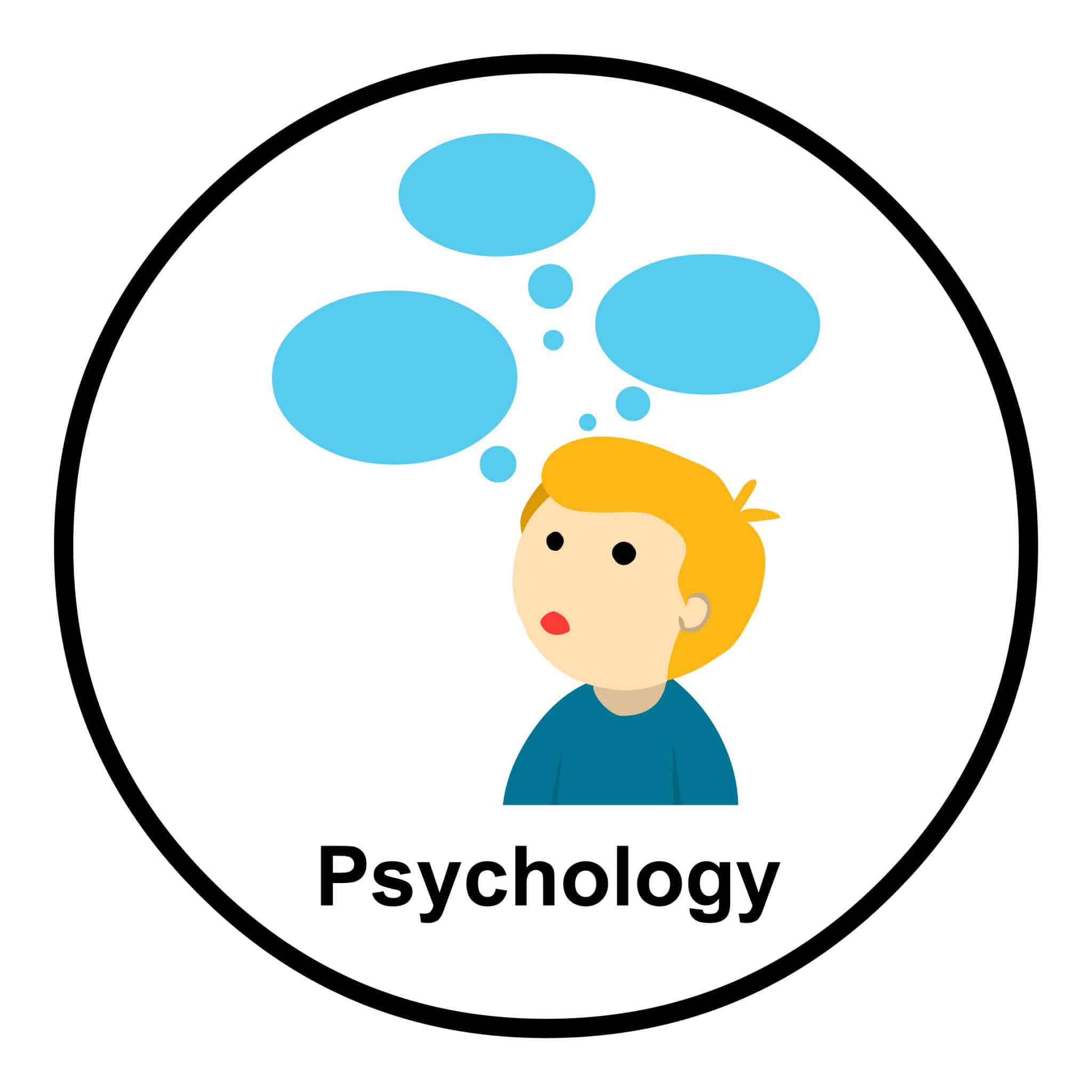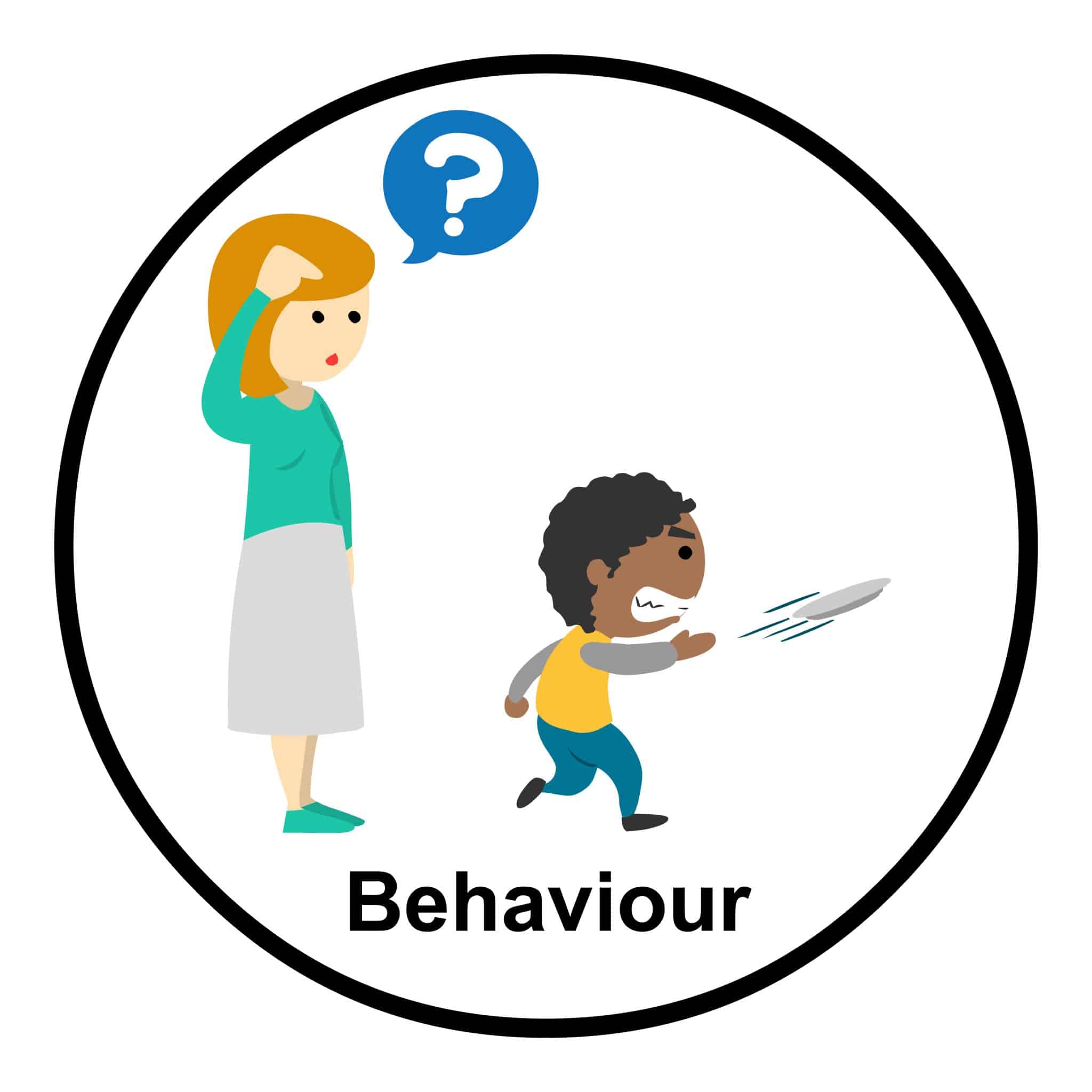Five of the Most Common Questions Clinical Psychologists get asked!

TOPIC:
What are some of the most common questions Clinical Psychologists get asked?
 Q: How long will treatment take?
Q: How long will treatment take?
A: Treatment depends on the age of the child, their presentation and type of therapy they are engaging in. Typically therapy would start with 6 sessions, after which there would be a review of the childs’ progress. After the review the therapist and family would make further decisions about treatment together.
Further Info:
Talk to your therapist, as this is highly specific to the child and family situation.
Q: What is challenging behaviour?
A: Challenging Behaviour/s are any behaviours that have the potential to cause harm. This could include harm to self, harm to others (including animals), and damage to property. Challenging Behaviour any is behaviour that may also result in the child or young person being excluded from accessing community-based activities. This typically includes education, sporting activities, clubs, and community locations such as shops.
Further Info:
Talk to your therapist if you are concerned about your child and possible challenging behaviours.
Q: What do you do in your sessions?

A: This again depends on the age of the child, their presentation and type of therapy they are engaging in. This can include therapy involving talking, play, art, and other techniques (however these may require the psychologist to have completed extra and specific training).
Further Info:
Talk to your therapist, as this is highly specific to the child and family situation.
Q: Why do you give parents homework?
 A: Often parents will be given homework to reinforce what has been completed in the session/s. This is because the research tells us that when parents implement the suggestions from therapy at home, their children are more likely to make faster gains throughout their treatment. Parents who are engaged with their child’s therapy are often more responsive to their child’s needs. This means that they are often are more able and likely to identity and respond to problems when they arise. Sometimes therapists will give the parents themselves homework to help them to become more engaged in their child’s journey. This may also include being giving tasks to help them identify and respond appropriately to their child’s evolving needs.
A: Often parents will be given homework to reinforce what has been completed in the session/s. This is because the research tells us that when parents implement the suggestions from therapy at home, their children are more likely to make faster gains throughout their treatment. Parents who are engaged with their child’s therapy are often more responsive to their child’s needs. This means that they are often are more able and likely to identity and respond to problems when they arise. Sometimes therapists will give the parents themselves homework to help them to become more engaged in their child’s journey. This may also include being giving tasks to help them identify and respond appropriately to their child’s evolving needs.
Further Info:
Talk to your therapist, as it is important that the homework provided to you needs to fit in with what your child’s therapist is working on.
Q: What training have you completed?

A: Psychologists in Australia, Europe and the UK have to complete a minimum of 6 years training to become registered under the protected title of Psychologist. In Australia, this usually includes a four-year undergraduate degree, followed by two-year post graduate study (i.e. a Master’s degree, Doctorate degree or supervised practice). In the UK, this usually includes a three-year undergraduate degree and then a three-year Doctorate degree.
Further Info for those interested in becoming a Clinical Psychologist:
APRHA which is the regulating body for Psychologists in Australia
Australian Psychological Society on how to become a Psychologist.
Take a look at our blog post about Being Family Focused!

